Dec 6, 2019 in Reputation
The Quality of Your Apology is Your Reputation
Apology is either done right or done poorly. It matters not only for others feelings but the quality of your reputation.
It's your turn now! Let's support each other by clicking "Helpful".
+1
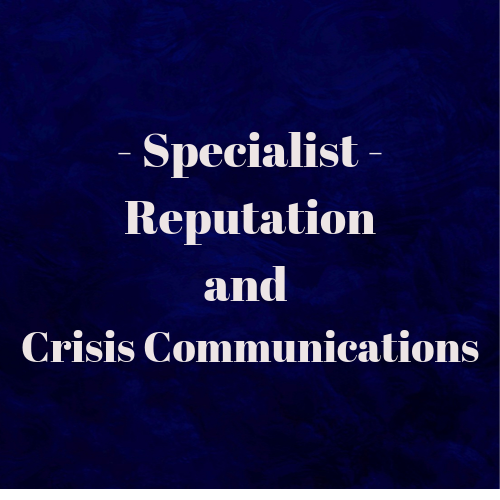
DISCUSS #Relationship
DISCUSS #Parenting
The quality of your apology is going to, without question, determine the strength or weakness of your reputation.
That's not an opinion, that's factual.
This goes just as much in our professional lives as in our personal lives.
There are people and organizations who allow their ego and insecurity to get in the way, where they will convince themselves they don't have to offer an apology for hurt or harm for which they either contributed to, intentionally or unintentionally, or for which they were fully responsible.
This is self deception. We can teach ourselves to believe anything, even when it is a falsehood and that belief is not without risks of consequences, painful ones.
People and organizations will regularly determine that they will take the path of least resistance that is emotionally safer for them and not apologize, or do it on their terms, unconcerned whether it proves helpful to the other person or people.
Add to myWE:
They assume they can skate by relatively unscathed by making an insincere, forced, substandard expression of apology.
They forget that they themselves would rarely accept such an uninspiring, dishonest, low quality attempt at expressing regret and empathy to reconcile to some degree, after an offense.
Here's one way to think about apology. Would you tolerate any offense, not just one you think is insignificant, but one that rubbed you the wrong way, if there was no humble, sincere, full effort to make amends? List a couple of examples when you tolerated such a weak character response?
Even if you believe you are stone and not emotional, keep in mind, other people are not you or me. They might need an apology to heal. Yes, you have the power not to offer it or do so poorly (and that might you feel good and justified), yet by doing so, you forfeit the power of fully determining your reputation, which is not what you say it is, but what others believe it is or know that it is from their experiences with you, or assumptions based on their experiences.
This is why is imperative that we realize not only the moral responsibility to apologize, regardless of how we feel, but the great opportunity that we have to, if you don't want to help others, improve or protect our reputation.
Please don't assume "well that particular person or group can't hurt me, I'm fine." This is a very connected world we live in and people who have assumed they could act irresponsibly with apology later deeply regretted it because that oversight, neglect or arrogance came back to cause them consequences of distress, loss and pain.
Plus, when we take an arrogant stance, we further strengthen that destructive, self-destructive behavior as default behavior and you might be surprised that you act that way with people you do care about because it has become a habit.
Deciding not to apologize, or doing so with little effort or character is operating without "insurance" for your future and is novice level "risk management." You're more intelligent and wiser than that, aren't you?
Choose not to let your emotions and ego get the best of you in the moment and cost you harm in the future in either personal or professional relationships, or even with strangers. Invest in being more empathetic, learning what makes a good reputation in the minds of others, not what we think is one, and protect or improve your reputation in the process.
Michael Toebe is a specialist for reputation and crisis and serves organizations and high-profile individuals - offering advisory, consulting, coaching and communications.
He publishes the Reputation Times newsletter (free on LinkedIn) and has been published in Chief Executive, Corporate Board Member, Corporate Compliance Insights and the New York Law Journal. He is writing a book on reputation crisis.
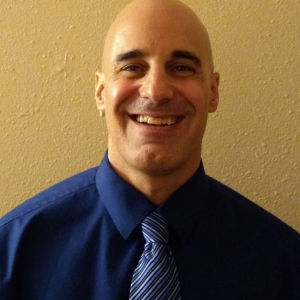




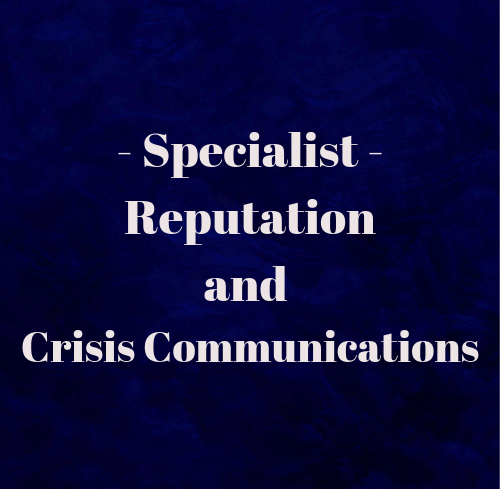

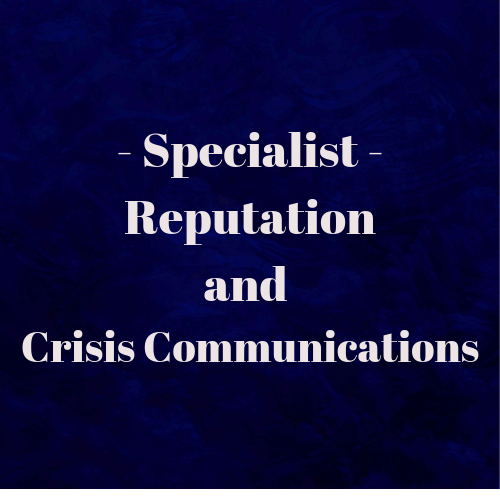
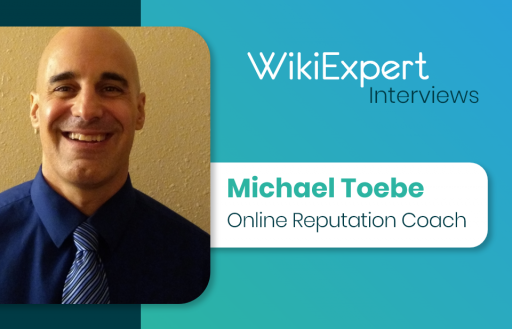

 Thank you for your help!
Thank you for your help!